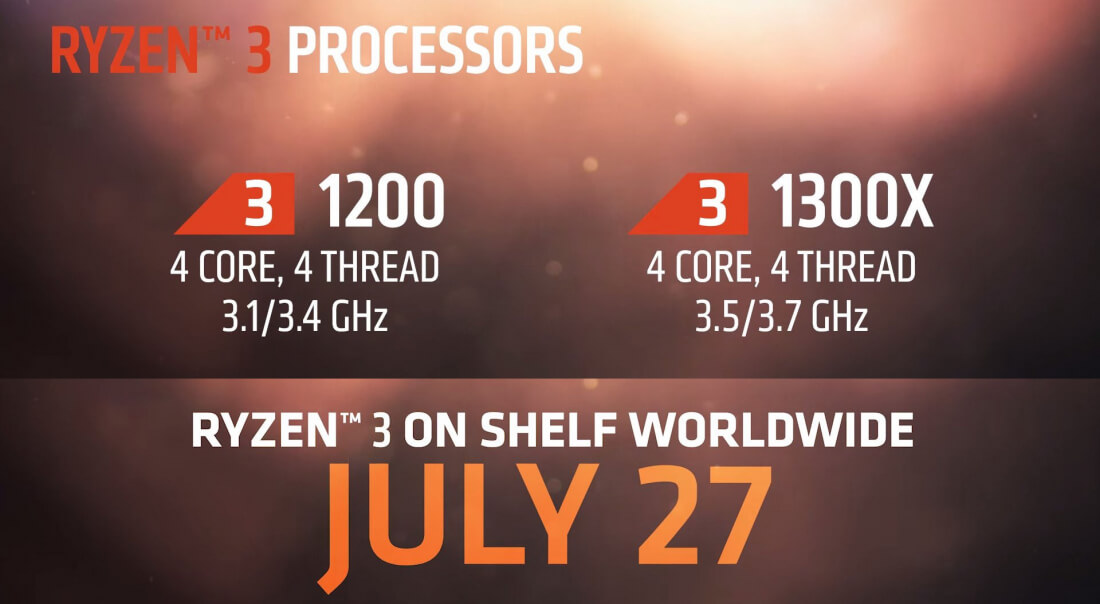Ever play a game called GTA V? Ever run the ingame benchmark 5+ times on a 4.5ghz 2600k w 2133 ram and then another 5+ times on a 1600 w 3200mhz ram? I know these two systems in and out now.
When you say any cpu that is fast enough for a 1080 will be fast enough for a 2080, well, the ryzen cpus arent fast enough to stretch the legs of a 1080 right now vs a 7700k at ANY resolution. WHY? Because wether you understand or not, single core performance DOES matter. Multiply the single cores by how many physical ones on a chip plus add the ability of hyper-threading and you have any modern day cpu.[/quote]
GTA V is years old DX11 game, nobody cares.
At any resolution? When GPU becomes bottleneck, CPU differences are minimal. Simple. Single core performance matters much less on DX12/Vulkan software than very old DirectX 11 stuff. Let's face it, more cores for same price is always better, if not immediately, after some time yes.
Amd has been throwing more cores at us for years in their gpu architecture and their cpu's even back to the FX series. Their formula is to throw more cores at a work load not fewer faster ones. There are multiple ways to solve any problem, its just that intel and Nvidias solutions have been and still are more efficient.
How else do you explain a 7700k besting an 1800x in gaming workloads?
GPU's are all about adding more cores, applies to Nvidia as AMD. AMD's solution is much more power efficient, Intel might have advantage on some marginal cases because their manufacturing tech allows higher clock speeds.
How do I explain?
1. Most games are crappy software
2. Very few games are optimized for Ryzen and also for Intel's new mesh CPU's (Skylake-X and so)
3. Benchmarking is not gaming
4. When there is background software, 7700K chokes as it's maxed out already on many games.
5. On gaming, GPU should always be maxed out and in that case CPU differences are minimal. I always laugh at those "GTX 1080 Ti + 1080p resolution" -benchmarks.
6. 1800X is 8-core CPU so that's about same as asking why Intel's $2000 CPU loses to 7700K on gaming, those 8+ core CPU's are not made for gaming only with no background tasks, simple.
And I wouldnt hold your breath on the 7600k being dead and the 7700k not making to he end of the year...they both top the charts in everything but synthetic multi-core task benchmarks. A STOCK 7600k out performs my brand new 1600 overclocked to 3.8 and it only has 4 physical cores vs my 6/12 1600.
Dont be dumb and hit me with the fanboyism either. Eveyone knows gpu architecture gros much more quickly than cpu. So the idea of a 3060 that outperforms a current 1080ti is a very real prospect and one we could see in as little as two years from now.
You are probably using very light threaded software then and have very few software on background. In that case, I wonder why you bought more than 4 cores anyway. If your workload is light threaded, it doesn't make 6/8 core CPU's bad. It's just they are not suitable for your use. I wouldn't change 8-core Ryzen into even 5.5 GHz 7700K, it just don't have enough cores or processing power.
In two years, Nvidia will surely have faster card than GTX 1080 Ti.
